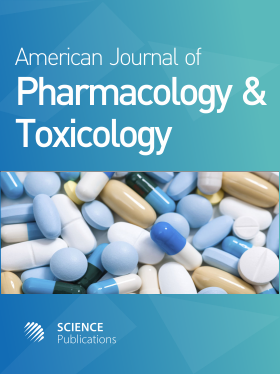Modeling Hepatocellular Toxicity of Enavatuzumab, a Humanized Anti-TweakR Antibody
- 1 AbbVie Biotherapeutics, United States
- 2 Dermira Inc, United States
- 3 Merck, United States
- 4 Alector, United States
Abstract
In a Phase 1 clinical study, treatment with enavatuzumab, a humanized monoclonal antibody to TweakR, resulted in liver toxicity in a subset of patients. The objective of this current study was to evaluate the ability of preclinical studies to predict liver toxicity in humans. Enavatuzumab was evaluated in cynomolgus monkeys, where serum liver enzyme and cytokine levels were measured and histopathology of the liver was performed. TweakR expression was evaluated by immunohistochemistry in healthy human liver and in liver tissues from cancer patients. Enavatuzumab was also evaluated in vitro for its impact on human hepatocytes when cultured both alone and with immune cells. Enavatuzumab-treated cynomolgus monkeys exhibited liver enzyme elevations only at the highest dose level (100 mg/kg) and few cytokines were elevated after dosing. Bile duct hyperplasia was observed in the liver but appeared to be partially reversible. Compared with healthy liver, liver tissues from cancer patients exhibited marked elevation of TweakR expression, which was associated with immune cell infiltration. Enavatuzumab treatment of cultured hepatocytes, both in the presence and absence of immune cells resulted in increased cytokine release, but only in the co-cultures were liver enzymes elevated. These results suggest that due to differences in liver architecture between healthy humans and cancer patients, studies in healthy non-human primates may underestimate the potential for liver toxicity in human cancer patients. The use of additional in vitro assays in conjunction with in vivo studies may better predict the potential impact of a therapeutic agent on the liver in clinical studies.
DOI: https://doi.org/10.3844/ajptsp.2017.18.38

- 6,176 Views
- 4,418 Downloads
- 0 Citations
Download
Keywords
- TweakR
- Enavatuzumab
- Liver Toxicity
- Cytokine Release
- Cynomolgus
